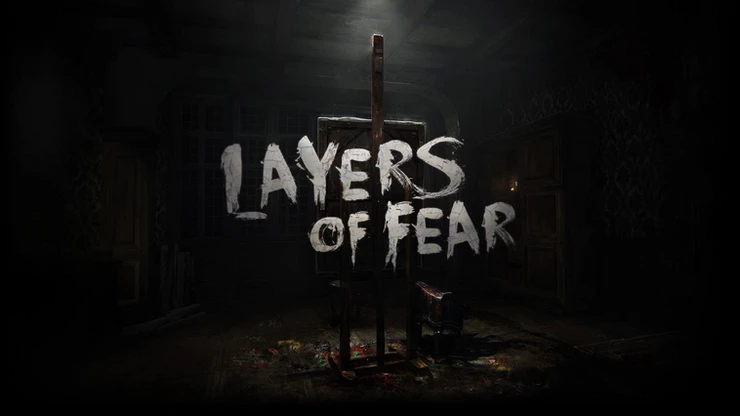The Arabic language is full of richness and depth which reveals with pin-point precision, clarity to specific nuances that are intended to express ideas
Take the word ‘Fear’ for example, Allah, in the Quran uses many different synonyms for the word ‘Fear’. In translations however, you would only see words such as, ‘scared’, ‘petrified’, ‘horrified’ etc. All associated with the word ‘Fear’.
However, where the translations fall short is they all practically mean the same thing. As these words alone do not give a context, nor does it give a better understanding of the scenario and attitudes of those involved.
I’ll highlight a few words Allah uses that bring to life the intricate insights these words contain, capturing our imagination with profound imagery being painted in ones mind.
1. Khawf – خوف : Is used for perceived danger. Something you see in front of you.
2. Khashya – خشي : Is used when you’re afraid of the magnitude of something coming. Like the magnitude of losing ones job, or realising the reality and dangers of the day of judgement.
Also Khushoo’ خشوع is something which manifests in your heart at first, then it takes hold of your face and limbs. An overpowering instilling kind of fear.
This is the type we’re meant to attain in our Salaah.
3. Taqwa – تقوى : Is to fear the consequences of ones actions.
Not a fear of something dangerous coming, but rather the consequences of what I’m doing myself.
It comes from the word وقاية, which is to protect oneself.
4. Hadhr – حذر : Is to try and escape from something, trying to avoid it.
Meaning you are in close proximity of this danger, and you’re trying to get away from it.
Allah says in Qur’an, حذر الموت ‘Fear of death’ is how it’s generally translated.
Now think about the reality of death, after knowing the intricate meaning of حذر. It makes you think that, I am always in close proximity to death.
5. Raa’a – راع : To startle someone. To jump out at someone, or for example you were reading, engrossed in a book and all of a sudden the door slams shut.
The fear is immediate, this is روع. But the fear then quickly subsides.
In the Qur’an, this is the fear Ibrahim A.S felt when the angels came suddenly knocking on his door.
6. Awjasa – أوجس : Is when you hear of something and it scares you. Some news you over-heard maybe.
You also hide this type of fear, you avoid showing to others that you are actually scared.
Ibrahim A.S once again, felt this type of fear. When he saw the Angels, he was scared, but he didn’t let them see his fear.
7. Wajil – وجل : A fear that penetrates into the depths of your heart
8. Rahb – رهب : A fear which is mixed with love. Like a fear you have of disappointing the one you love.
Allah says about the believers in Surah Ambiyaa يَدْعُونَنَا رَغَبًا وَرَهَبًا. They call upon us with inclination (to their lord) and ‘fear’.
What kind of fear? The fear of disappointing Allah ‘Azza wa Jall.
9. Ra’b – رعب : To be overwhelmed with intense terrifying fear of someone. So much so that it makes you lose your reasoning
10. Ashfaqa – اشفق : Is when you take care of someone and concern yourself with the well-being of someone, and you fear that some harm may come their way.
11. Wajaf – وجف : A fear mixed with discomfort. A fear one has, that he can feel his heart pounding.
Classically used, when you strike a horse, and its heart starts pounding and it races forward. أوجفت الخيلة “I made my horse race forward, by making its heart race”
This is the type of fear Allah depicts on judgement day. some hearts beating out of their chests.
So many different kinds of fear are illustrated, scattered precisely in so many different places in the Quran. Situated perfectly describing specific emotions.

